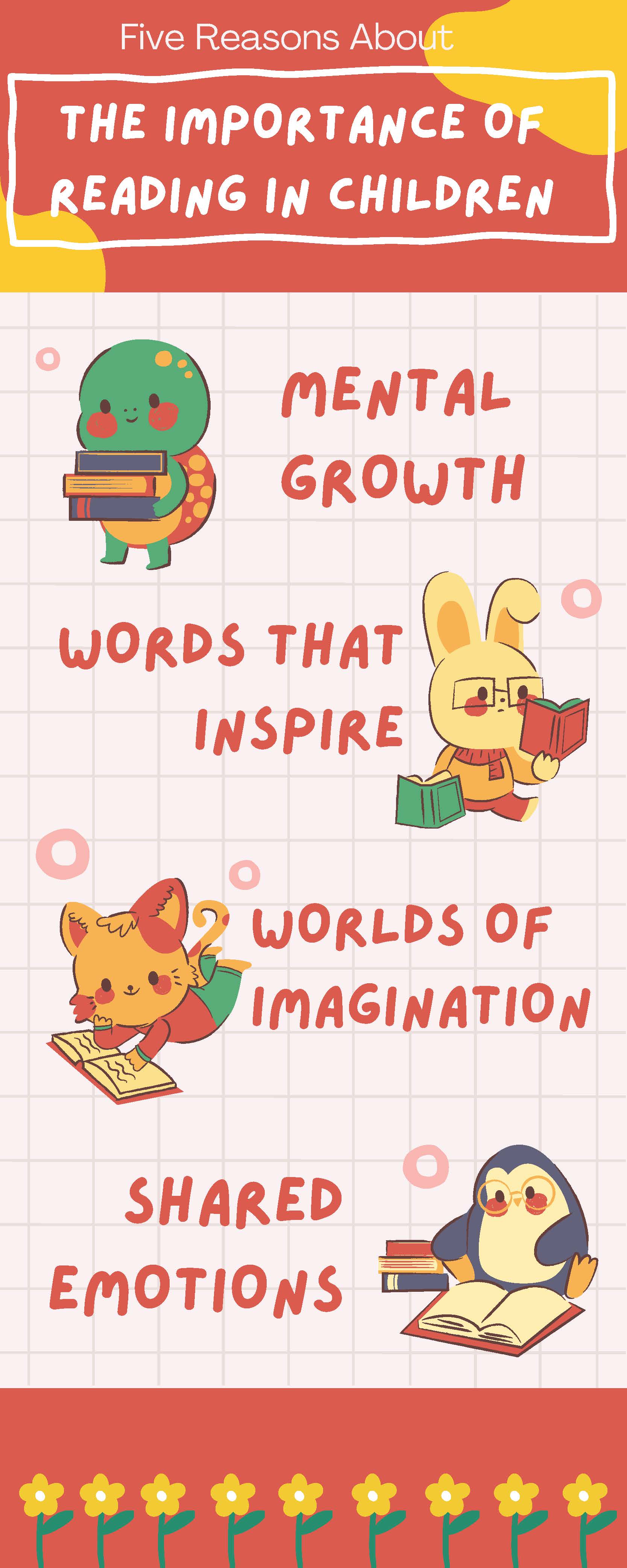Reception Resources

Welcome to our Reception Learning Resources page.
Here, you'll find a variety of engaging activities and helpful tools designed to support your child’s learning journey in Reception.
At this stage, children are developing essential skills in areas such as phonics, early reading, numbers, and creative expression.
Whether you’re looking for fun games to reinforce classroom learning or simple activities to do at home, this page has everything you need.
Don’t worry if you’re not sure where to start - just a little time spent exploring these resources can make a big difference in your child’s confidence and progress.
We hope these resources help make learning an enjoyable experience for both you and your child!
Early Reading guide
This "Early Reading Parent Workshop" guide is designed to help parents support their child's early literacy development.
In the Early Years Foundation Stage (EYFS), children focus on phonics, learning to say sounds for letters and blending these sounds to read simple words and sentences.
They also build comprehension skills by retelling stories and using new vocabulary.
Parents play a crucial role in supporting their child’s reading journey.
Even small activities at home, like sounding out words or asking questions about a story, can make a big difference.
Don’t worry if it feels overwhelming - this document is easy to follow, and you don’t need to do everything.
Just a little engagement will go a long way. We've also included fun activities and useful online resources, such as PhonicsPlay and Oxford Owl, to make reading enjoyable.
It’s well worth reading this guide to pick up simple, practical tips to help your child grow into a confident reader!
You can read the guide here.
Early years maths
This "Maths Parent Workshop" guide is designed to help parents support their child's early mathematical development.
In the Early Years Foundation Stage (EYFS), children focus on building a solid understanding of numbers up to 10, learning to subitise (recognizing small amounts without counting) and recalling number bonds.
They also start to count beyond 20 and compare quantities using terms like "greater than" and "less than."
Recognising patterns, especially doubles and sharing, is an important part of this learning.
It’s really important for parents to get involved in their child’s maths learning because even a little help at home can make a big difference.
Don’t worry, though - the document is easy to follow, and you don’t need to do everything with your child.
Just small activities, like counting together or spotting numbers on buses, will help build their confidence.
We’ve also included some great online resources, such as BBC’s Numberblocks and Topmarks, to make maths fun.
It’s well worth reading this helpful document to pick up practical tips on supporting your child’s maths journey!
You can read the guide here.